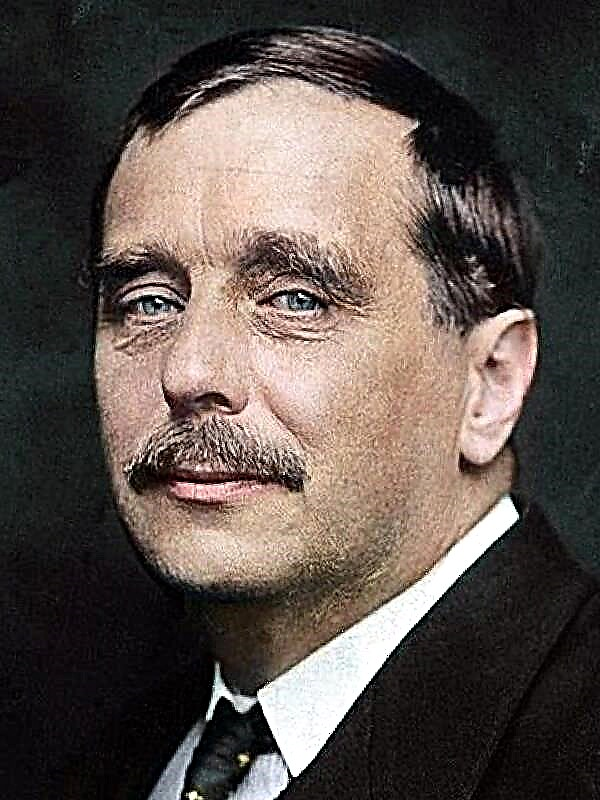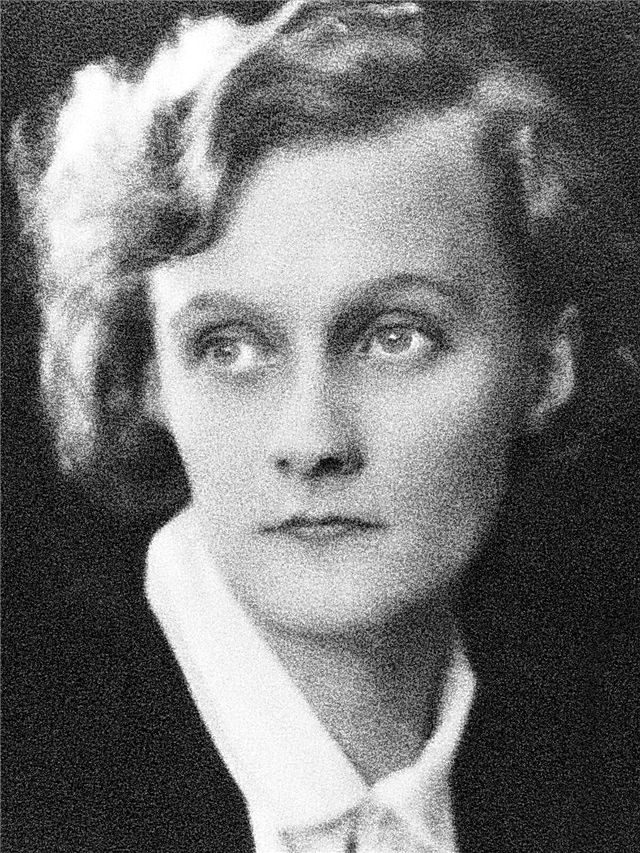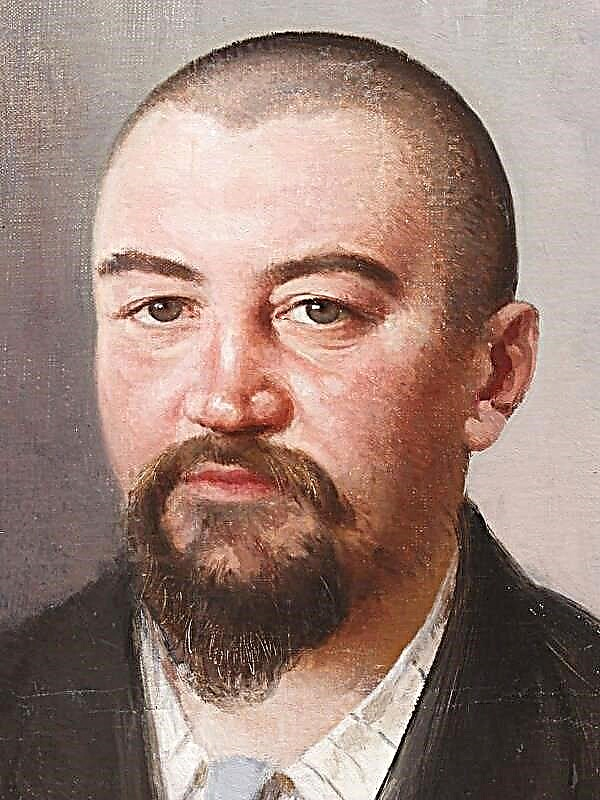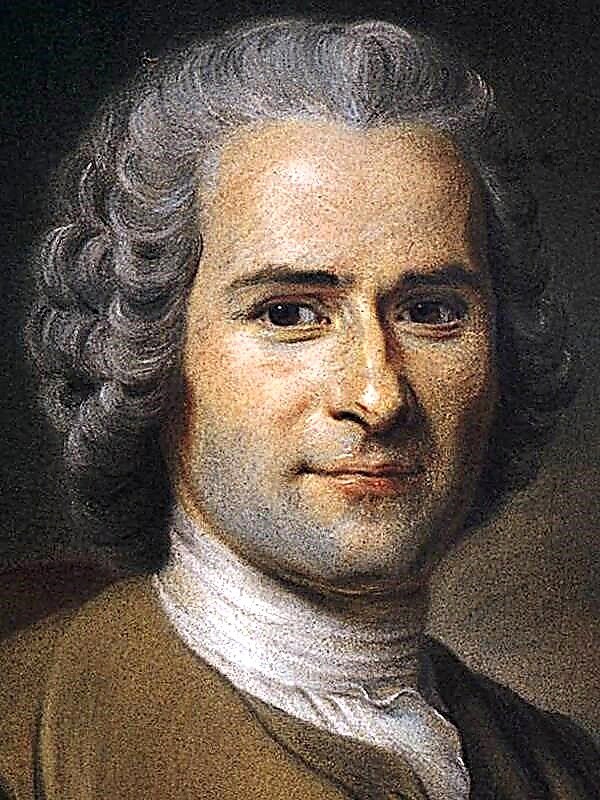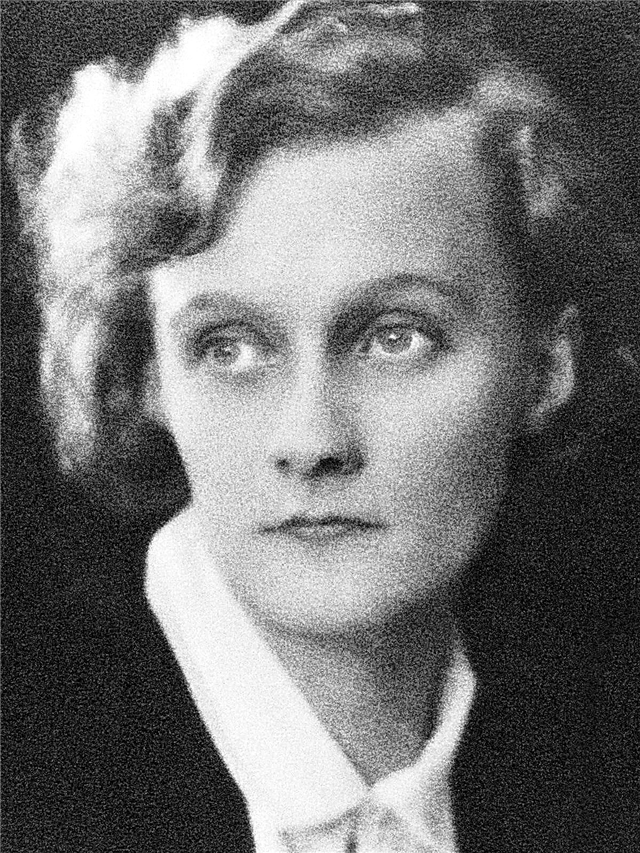(358 words) The average person returns to his thoughts about a dream twice in his life. The first is in childhood, when adults ask a child about his plans for life. And the second, when the same but already matured forty-year-old child was asked by his own children: “And who did you dream of being in childhood?” Why did man stop dreaming when he became an adult? I think the first tests destroy his illusions, so he stops believing in himself. We will test my theory with examples from the literature.
In the story of A.P. Chekhov “Ionych”, the main character dreamed of becoming a progressive and philanthropic doctor, an engine of science and progress. But the ambitious dreams of the youth were destroyed by the harsh reality of the provincial heartland. Dmitry wanted to marry, but the girl refused, she wanted to enter the chosen society, but it was not worth it, he wanted to develop his skills, but was forced to treat routine sores. All his dreams were broken about the reality of the life that the county town led. Why then constantly flatter yourself with illusions, if after their disappearance it becomes so painful? Obeying inexorable logic, Startsev ceases to dream and becomes a passive philistine Ionych. This happened due to the fact that under the blows of fate he surrendered and lost faith in himself.
Another example was described by L. N. Tolstoy in the epic novel War and Peace. Sonya dreamed all her life to marry Nikolai, but her family was treated badly with her intention. The Rostovs were poor, so their son needed a rich bride, not a poor relative. The old countess was especially persistent because she was more prudent than her husband. Sonya’s behavior seemed to her an unforgivable stupidity, because the girl without a dowry and views on the future rejected Dolokhov’s proposal only because she stubbornly waited for the proposal from Nikolai. But she could have removed from Rostovs at least the costs of her maintenance, agreeing to become Dolokhov’s wife. The countess did not cease to condemn such ingratitude, making it clear to the pupil that her dream would never come true. Nikolai himself fell in love with a rich heiress and was weighed down by the promises given to Sonya. As a result, circumstances force the heroine to abandon her desire: she writes a letter to her beloved, where she releases him from all obligations.
From the examples we can conclude that people stop dreaming because they are disappointed in their ideals or succumb to pressure from the outside. Adverse circumstances do not leave them a chance to realize their dreams, and they abandon the illusions, recognizing their worthlessness.

